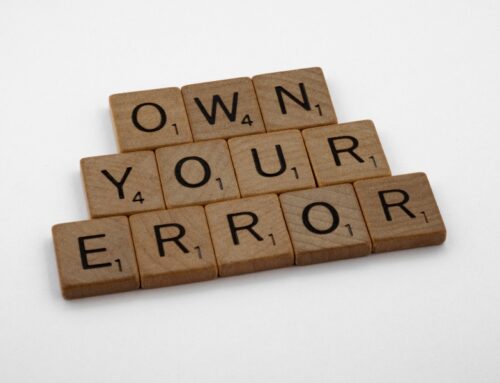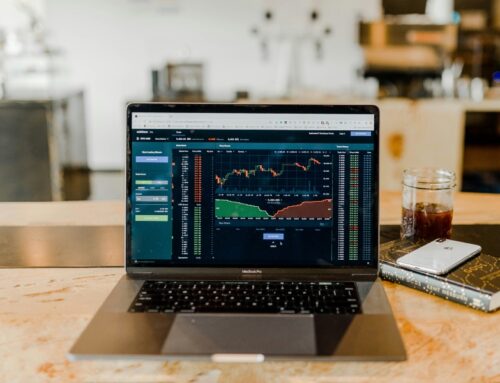This is a question that was posed to us by a potential client. This individual is a shareholder of a Singapore registered company. We are assuming that he has never received any dividends from the company.
With reference to section 403 of the Companies Act, dividends can only be paid out from the company’s net profit. If dividends are paid out when there are no profits, the company directors who made the dividend payment will be personally liable.
Here is a reproduction of section 403 of the Companies Act:
| Dividends payable from profits only |
There are two types of dividends:
- Final dividend; and
- Interim dividend
Final dividend
This is declared by the directors during the Annual General Meeting (AGM). It needs to be approved by the shareholders. The dividends are based on the actual profit based on the approved financial statement. At the AGM, the shareholders will approve the financial statements. Therefore, the approved profits that are stated in the financial statements will be both certified true and accurate by the directors and approved by the shareholders. This final dividend will then form a debt and cannot be cancelled or reduced.
Interim dividend
This is declared by the directors at any time other than the AGM. It is not final and does not immediately form a debt. The company can cancel or reduce the declared interim dividend.
Therefore, if the directors declare an interim dividend, the company can choose to amend or cancel this interim dividend.
A company doesn’t need to declare dividends if it makes a profit. The company can reinvest the profits in the business. This is a board decision. However, there may be a situation where the shareholders are unhappy that dividends are not being declared. These shareholders may subsequently not want to invest further in the company or may choose to sell their shares as they are not getting returns on their investment.
Yours sincerely,
The editorial team at Raffles Corporate Services







Leave A Comment